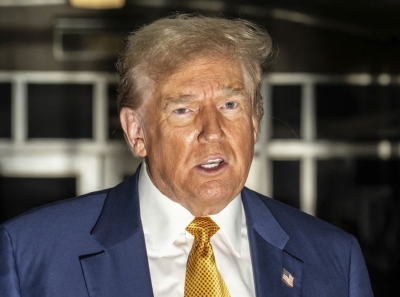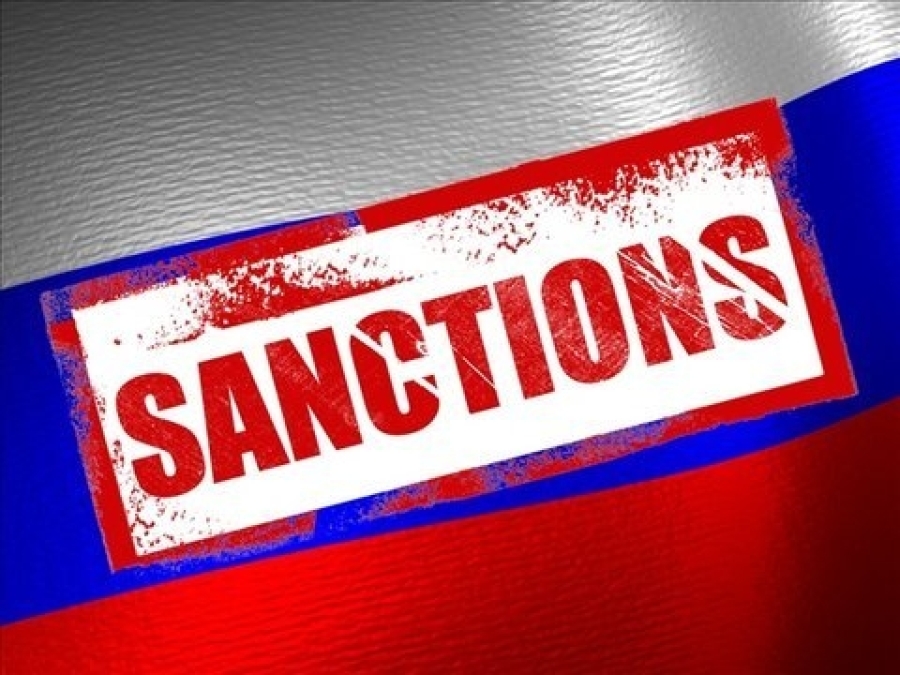In a move aimed at appeasing agricultural stakeholders and certain member states, the European Union is reportedly considering tariffs on grain imports from Russia and Belarus.
This decision marks the EU’s first restriction on food products from Russia following the onset of its full-scale invasion of Ukraine.
According to reports from the Financial Times, the European Commission is set to announce tariffs of 95 euros per tonne on grain imports from Russia and Belarus in the coming days.
This imposition, sources familiar with the plans suggest, could lead to a price increase of at least 50%, dampening demand.
Additionally, tariffs of 50% will be levied on oilseed crops and their processed products.
In 2023, imports of grain, oilseed crops, and their derivatives from Russia reached a record 4 million tonnes, accounting for 1% of total consumption in the EU.
However, with the EU producing over 300 million tonnes of grains and oilseed crops annually and being a net exporter of grains, there is minimal reliance on imports from Russia and Belarus.
A representative of the EU noted that grain prices are currently at a four-year low, while Russia remains highly competitive in grain markets, exerting significant pressure.
The proposed tariffs will be set at the maximum level permitted by WTO rules.
In response, Russia may take retaliatory measures, although it has already banned the majority of food imports from the EU in recent years, prompting many European companies in this sector to exit the country.
In February, Latvia unilaterally banned the import of many food products from Russia and Belarus, while Lithuania announced stringent cargo inspections.
On March 8th, the Polish Sejm adopted a resolution calling for sanctions on the import of Russian and Belarusian food products.
The imposition of tariffs on grain imports from Russia and Belarus underscores the EU’s commitment to supporting Ukraine and addressing the repercussions of Russia’s aggressive actions.
It also reflects efforts to safeguard European agricultural interests and maintain stability in the EU food market.
Click here for more on EU Sanctions against Russia at EU Today
________________________________________________________________________________________________________________

Follow EU Today on social media:
Twitter: @EU_today
@EU_sports
Facebook: https://www.facebook.com/EUtoday.net/
https://www.facebook.com/groups/968799359934046
YouTube: https://www.youtube.com/@eutoday1049








